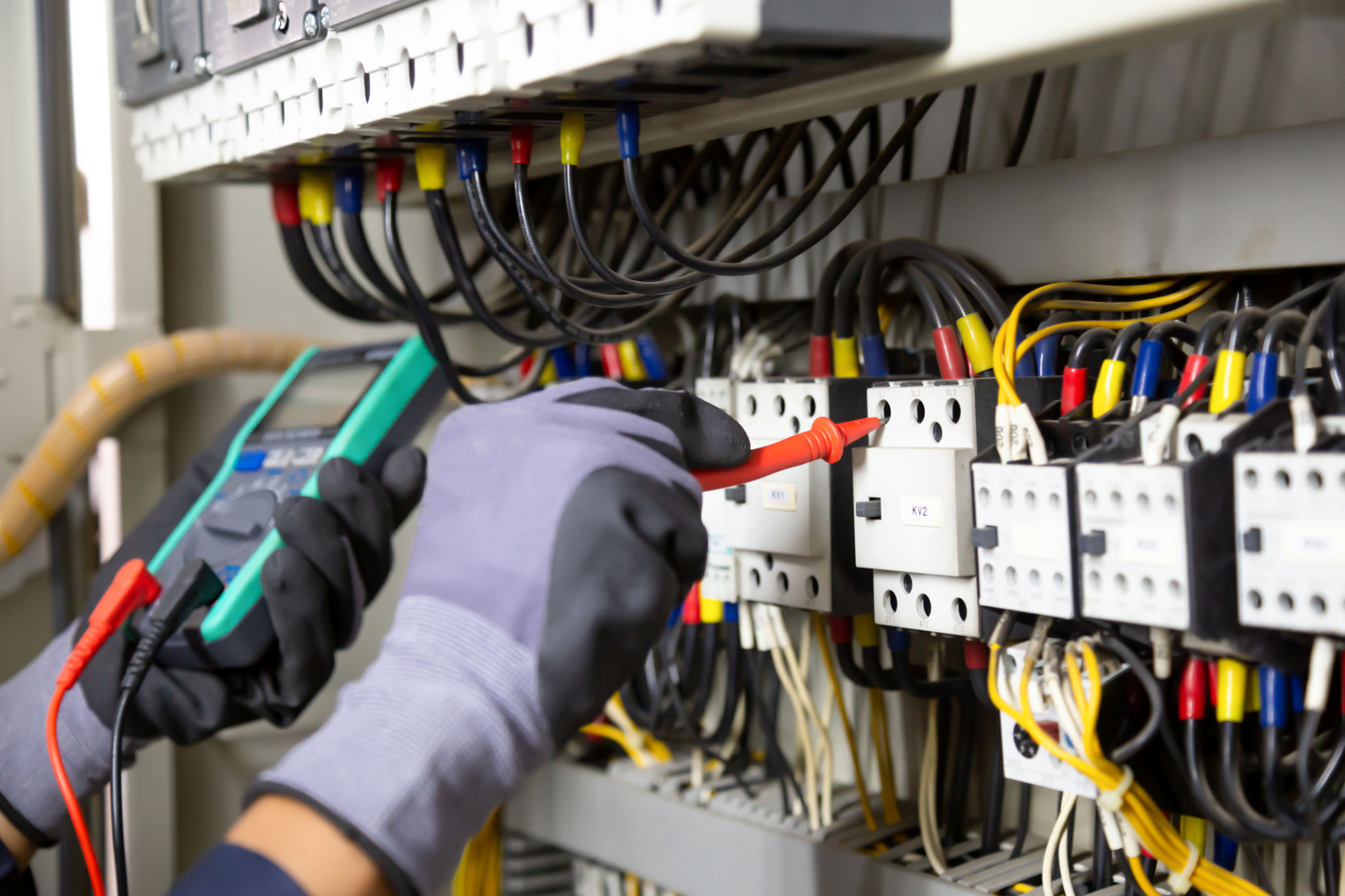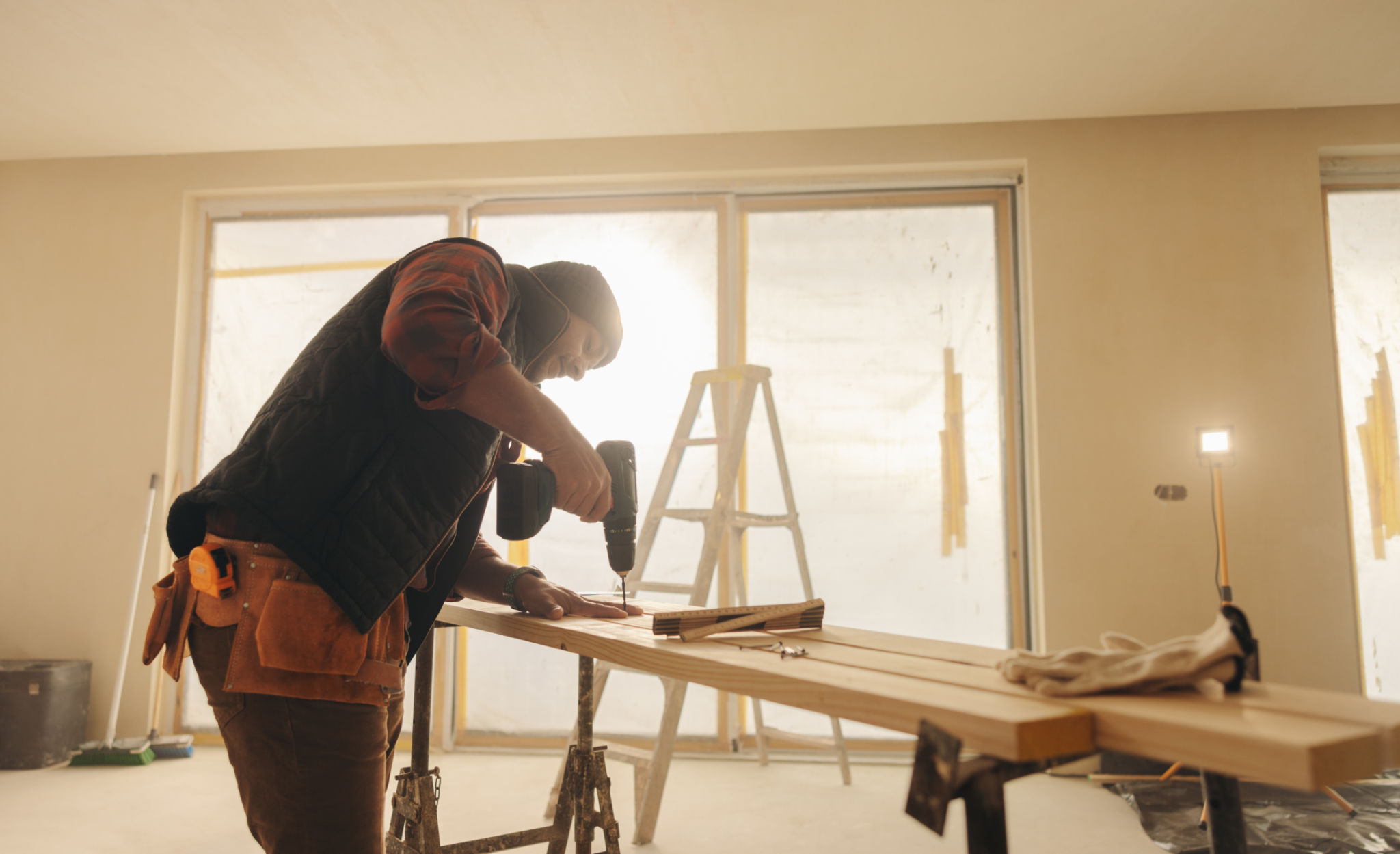DIY Electrical Projects for Beginners: What You Can and Can't Do
TJ
Understanding the Basics of DIY Electrical Projects
Embarking on DIY electrical projects can be both exciting and rewarding. As a beginner, it's crucial to understand the basics before diving into any project. Electricity is a powerful force, and safety should always be your top priority. Knowing what you can and can't do will help you avoid potential hazards and ensure that your projects are successful.

What You Can Do
As a beginner, there are several simple electrical projects you can safely tackle. These projects generally involve low-voltage work and minimal risk. Here are some tasks you might consider:
- Replacing Light Fixtures: Swapping out old light fixtures for new ones is a manageable task. Just ensure the power is off before you start.
What You Can't Do
While there are many projects beginners can safely attempt, some electrical work should be left to professionals due to complexity and safety concerns. It's important to recognize your limits and know when to call in an expert:
- Rewiring Your Home: This involves comprehensive knowledge of electrical systems and should be handled by licensed electricians.
- Installing New Circuits: Creating new circuits requires a deep understanding of electrical loads and safety codes.
- Working with High Voltage: Any task involving high-voltage systems should be left to professionals to ensure safety.

Essential Safety Tips
Before starting any DIY electrical project, remember these essential safety tips:
- Turn Off Power: Always switch off the power at the circuit breaker before starting any work.
- Use Proper Tools: Ensure you have the right tools for the job, including insulated gloves and tools.
- Check Local Codes: Be aware of local building codes and regulations to ensure compliance.
The Importance of Planning
Proper planning is crucial for any DIY project, especially electrical ones. Before you start, make sure you have a clear plan in place. Understand the steps involved, gather necessary materials, and allocate sufficient time for completion. Planning helps avoid mistakes that could lead to costly repairs or safety hazards.

When to Seek Professional Help
If you ever find yourself uncertain about a project’s requirements or feeling out of your depth, it’s best to consult a professional. Hiring an electrician can save you time, money, and potential injury in the long run. Always prioritize your safety and the integrity of your home’s electrical system.
Enhancing Your Skills
As you gain confidence with basic projects, consider expanding your knowledge through workshops or online courses. Understanding more about electrical systems will empower you to tackle more complex projects safely. Continuous learning is key to growing your DIY skills effectively.
In conclusion, DIY electrical projects can be both fulfilling and practical, provided you adhere to safety guidelines and understand your limitations. By starting with simple tasks and gradually expanding your expertise, you'll enjoy the satisfaction of improving your home while ensuring its safety.

